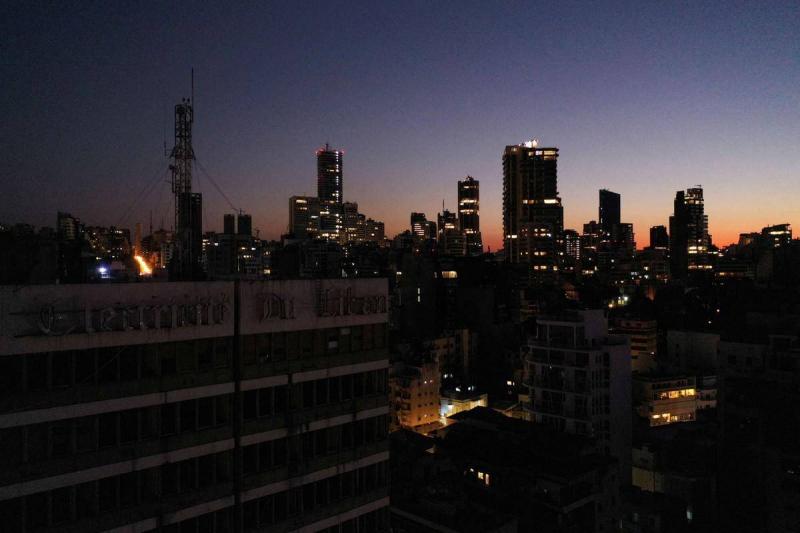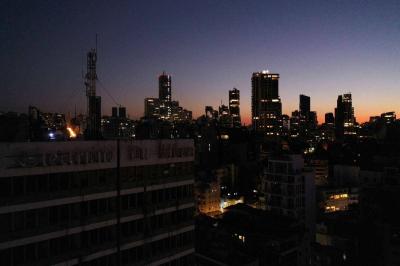Political choices are not made lightly; they determine the fates of countries and peoples, always carrying consequences, whether small or large, immediate or cumulative. For this reason, all parties must bear responsibility for any disruption or deterioration in stability, security, or services. In a country like Lebanon, the suffering is greater and the impact more profound.
Lebanon has long played an important and active role in what is known as the axis of resistance through "Hezbollah", which has gained strength since external control over decision-making in Iraq after 2003, the extensive spread of its affiliated militias in Syria after 2011, and the monopoly on weapons within Lebanon outside of the state and its institutions. The Lebanese newspaper An-Nahar reported: "The electricity supply was completely cut off across all Lebanese regions after Electricité du Liban announced yesterday afternoon that the last production group had gone entirely out of service, resulting in a total cessation of electricity supply throughout all Lebanese territory, including essential facilities in Lebanon (airport, port, water pumps, sewage, prisons, etc.)." In any country with the bare minimum of resources, governments should fall due to such a disaster, yet Lebanon is said to be living in a "special situation," as many Lebanese promote.
It is not just material darkness that has harmed Lebanon, but ideological darkness and political darkness have preceded it. Lebanon, with its parties and movements, is fully responsible for what has happened and is happening. The long-standing alliance between the Lebanese "Hezbollah" and the "Free Patriotic Movement" led by Aoun has brought Lebanon to this stage. Lebanon, once known as the "Switzerland of the East," proud of its religious plurality and cultural diversity, plunged into a civil war that consumed everything. When it was rebuilt under Rafik Hariri’s leadership, the reconstruction remained incomplete due to his assassination in Beirut by known parties that attempted to cover up the act with a farcical play starring "Abu Adas." This Lebanon no longer has any semblance today.
The Christian party formed a political cover for the resistant party, and despite all crises and wars, this cover has remained. Regional loyalties of some Lebanese movements have led them to fully engage in serving a direction that has always aimed to undermine the stability and independence of Arab countries, resulting in a prolonged political darkness over the Lebanese state and people.
As for the ideological darkness, it is the monopoly on the representation of "Islam" and "resistance" in the name of the divine party and divine right that invaded Beirut in 2008 and threatened civil peace with its armed assault on Sunni, Christian, and Druze areas. Despite all this, the political alliance continued, enveloping the country in its profound darkness.
The anxiety over the escalation of war in Gaza into a regional conflict between Iran and Israel places Lebanon at the center, as "Hezbollah" follows the orders of external powers—this is a well-known fact that the party’s leaders boast about. With this alliance controlling the levers of power in Lebanon, the influence of the party has increased, resulting in greater external control, coinciding with a reduction in Arab support financially, except under conditions that unfortunately are not available in Lebanon.
Years ago, Lebanon complained about the accumulation of waste everywhere, creating a true crisis that threatened the health of the population and struck at the essence of the country’s reputation as a clean "Switzerland of the East." Today, this is compounded by darkness and a total blackout of an entire country, not due to natural disasters or a passing crisis, but as a result of the choices made by political leaders.




